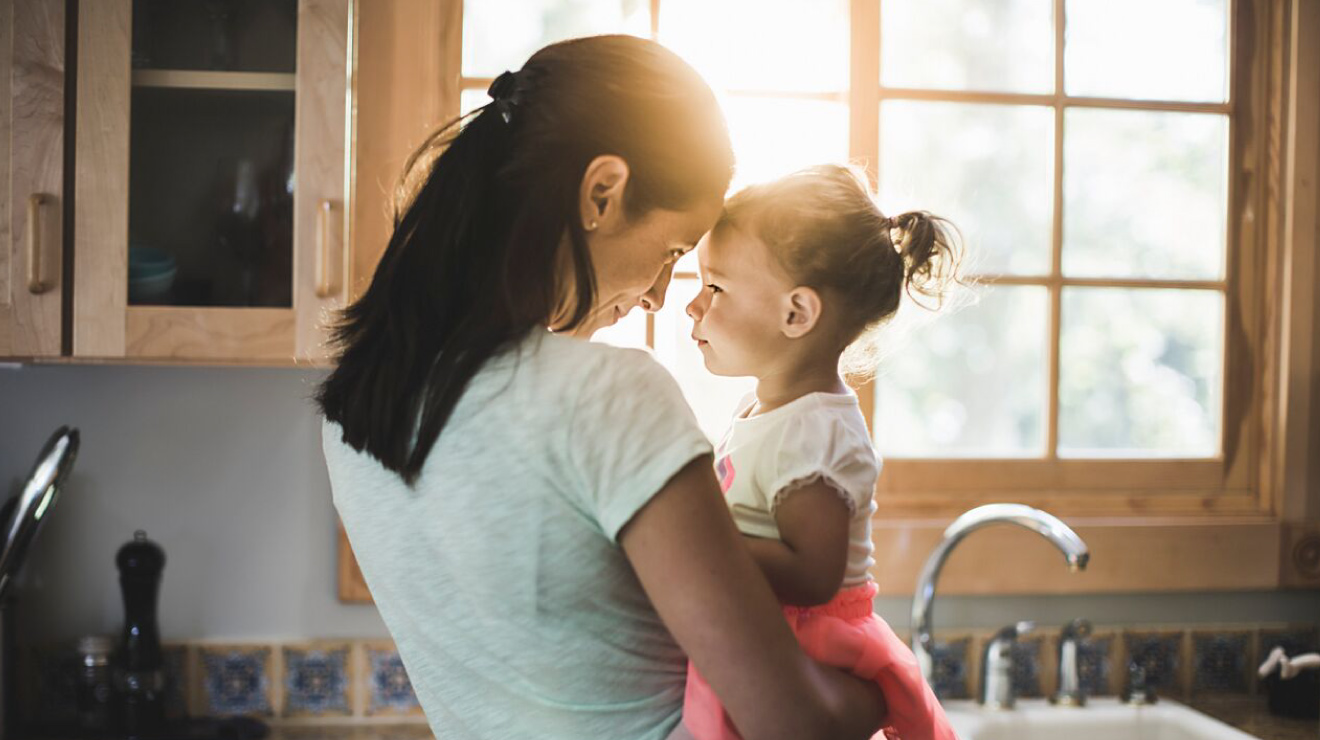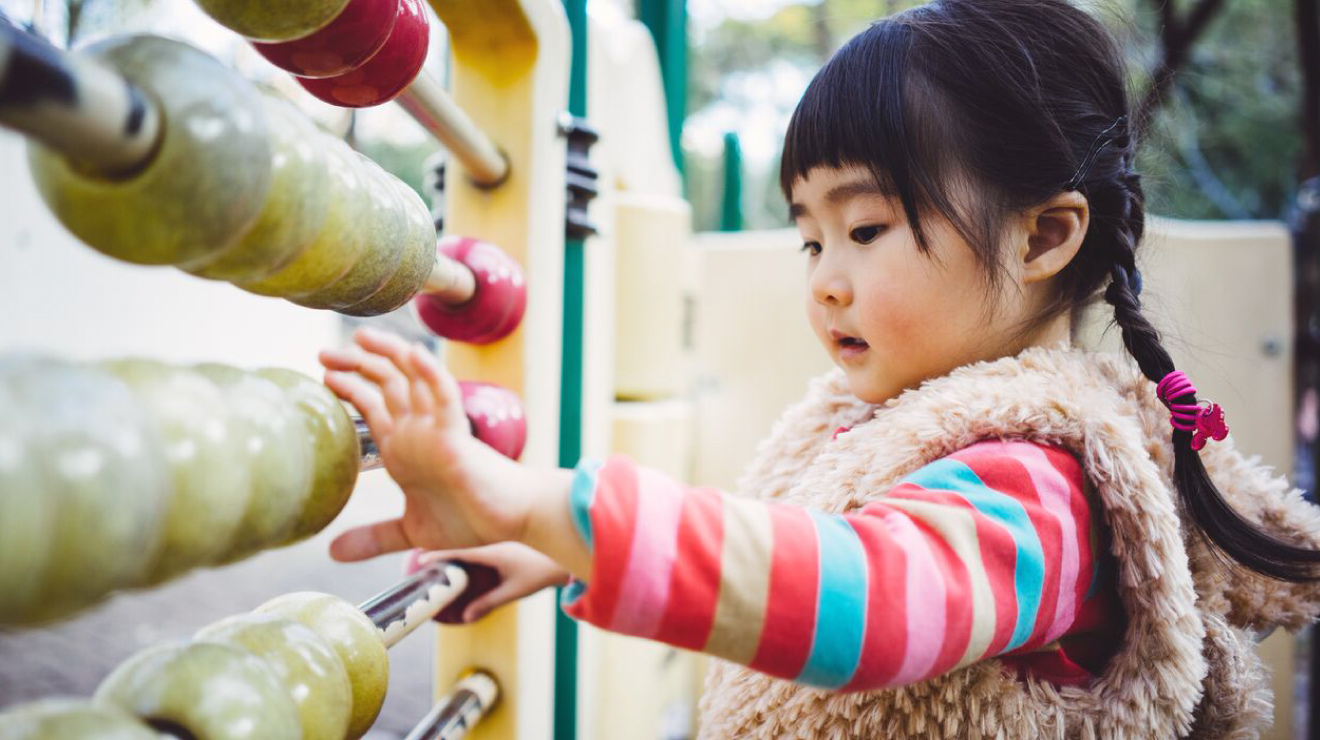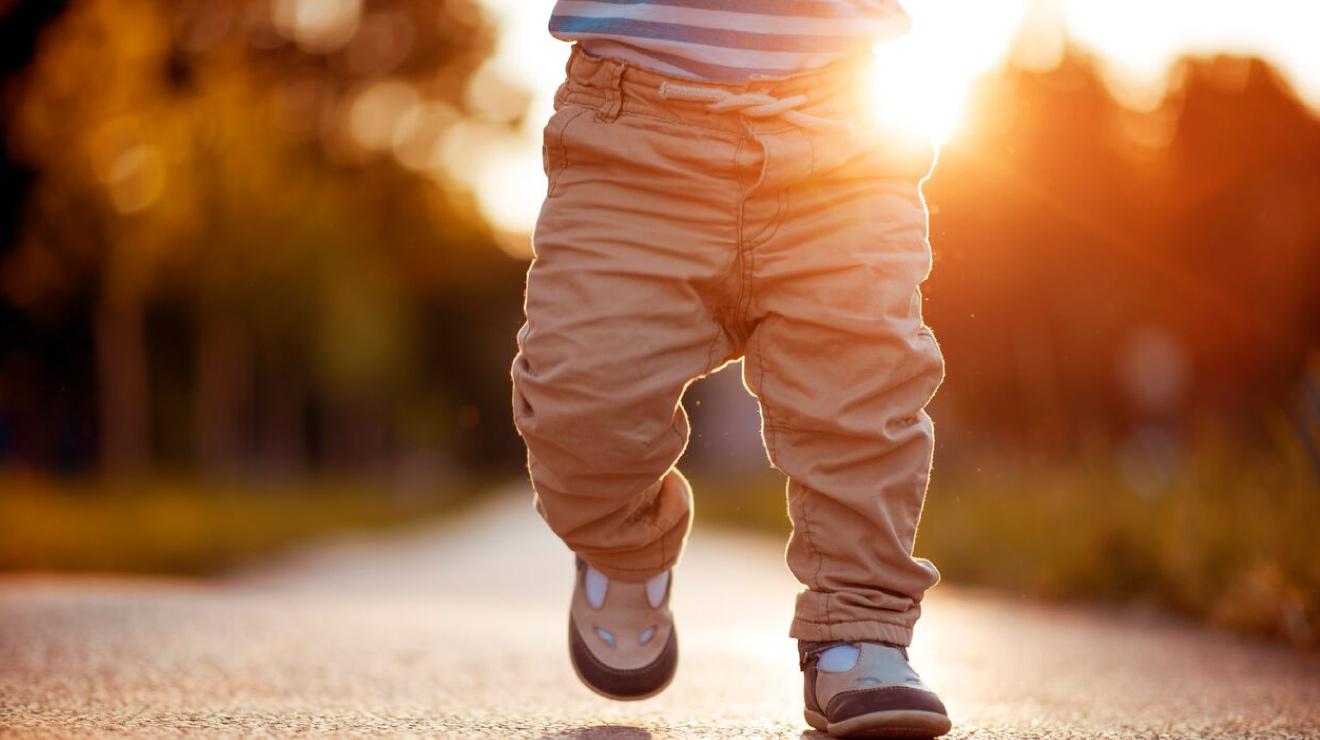While we all worry about the current Coronavirus (COVID-19) pandemic, many expectant couples may be wondering what, if any, effects will this have on a pregnant mother and their unborn child. While research is still slim on this topic, the fertility specialists at the Reproductive Care Centre shares the latest information from the CDC in the U.S.
Are pregnant women more likely to be infected with Coronavirus, or to have worse symptoms?
While pregnant women are more susceptible to certain illnesses, it is not known whether or not they are more prone to catching COVID-19. There is not enough information yet to know if pregnant women will suffer more serious symptoms than those who are not pregnant. Changes in the bodies of pregnant women do make it more likely for them to be affected by the flu and respiratory infections, so we recommend that expectant couples practice good hygiene in order to keep the infection at bay.
How can pregnant women increase their chances of avoiding the Coronavirus?
- Only leave the house when absolutely necessary, such as for doctor appointments. If you have someone who can pick up prescriptions and groceries, or have a delivery service in your area, try to use those resources as much as possible. If you must go to a public place, keep your distance—3 to 6 feet is recommended.
- Avoid people who are sick. If your partner is sick, use a separate bedroom and bathroom if possible. Avoid crowds larger than ten people to keep germs to a minimum.
- Wash hands often. Soap and water are best, but an alcohol-based sanitizer (60% minimum alcohol) will work in a pinch. Be sure to thoroughly clean your hands for 20 seconds especially when arriving home from a public place, before you eat, and after sneezing or coughing.
- Don’t touch your face. The germs we catch on our hands get into our system when we touch our eyes, nose, and mouth.
- Use tissues. If you need to wipe your nose, eyes, cough, or sneeze, use a tissue and toss it immediately after each single use.
Will my child get Coronavirus if I have it during pregnancy or childbirth?
So far, no children born of women with COVID-19 have tested positive. But since the virus is so new, we cannot say for certain that it won’t happen. There is not enough concrete information available yet. On the positive side, in the small number of tests thus far, the virus was not found in amniotic fluid or breastmilk.
Can I breastfeed if I have tested positive for COVID-19?
Whether or not to breastfeed should be a decision made by the mother and her medical team. Any woman who has tested positive or has symptoms of Coronavirus (or any other illness) should consider washing hands before touching your child and wearing a face mask while breastfeeding. If pumping, be sure to wash your hands and the pump and bottle parts thoroughly before and after each use. If your partner has not been infected, allow them to feed the baby while you recover.
As you can see, there is still so much unknown about COVID-19. Our fertility doctors will keep you updated as more information is made available at RCC fertility clinic in Mississauga, Ontario. In the meantime, contact us if you have any questions.












